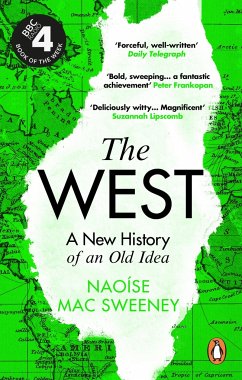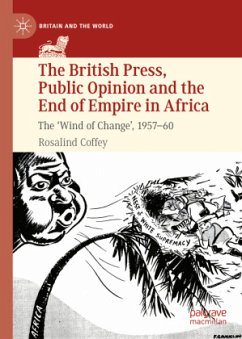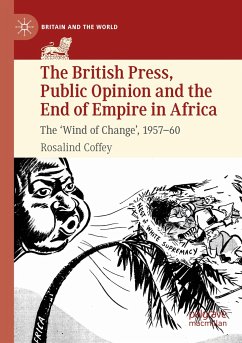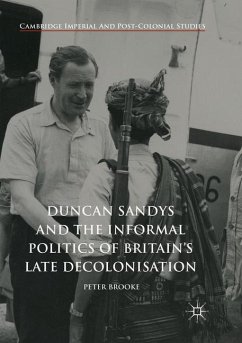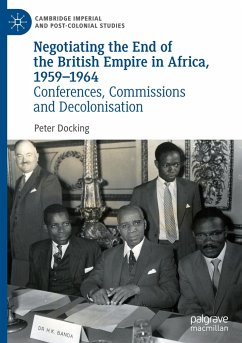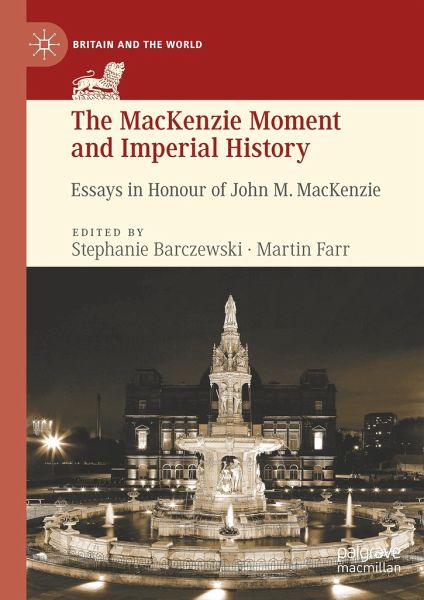
The MacKenzie Moment and Imperial History
Essays in Honour of John M. MacKenzie
Herausgegeben: Barczewski, Stephanie; Farr, Martin

PAYBACK Punkte
38 °P sammeln!
This book celebrates the career of the eminent historian of the British Empire John M. MacKenzie, who pioneered the examination of the impact of the Empire on metropolitan culture. It is structured around three areas: the cultural impact of empire, 'Four-Nations' history, and global and transnational perspectives. These essays demonstrate MacKenzie's influence but also interrogate his legacy for the study of imperial history, not only for Britain and the nations of Britain but also in comparative and transnational context. Written by seventeen historians from around the world, its subjects ran...
This book celebrates the career of the eminent historian of the British Empire John M. MacKenzie, who pioneered the examination of the impact of the Empire on metropolitan culture. It is structured around three areas: the cultural impact of empire, 'Four-Nations' history, and global and transnational perspectives. These essays demonstrate MacKenzie's influence but also interrogate his legacy for the study of imperial history, not only for Britain and the nations of Britain but also in comparative and transnational context. Written by seventeen historians from around the world, its subjects range from Jumbomania in Victorian Britain to popular imperial fiction, the East India Company, the ironic imperial revivalism of the 1960s, Scotland and Ireland and the empire, to transnational Chartism and Belgian colonialism. The essays are framed by three evaluations of what will be known as 'the MacKenzian moment' in the study of imperialism.








